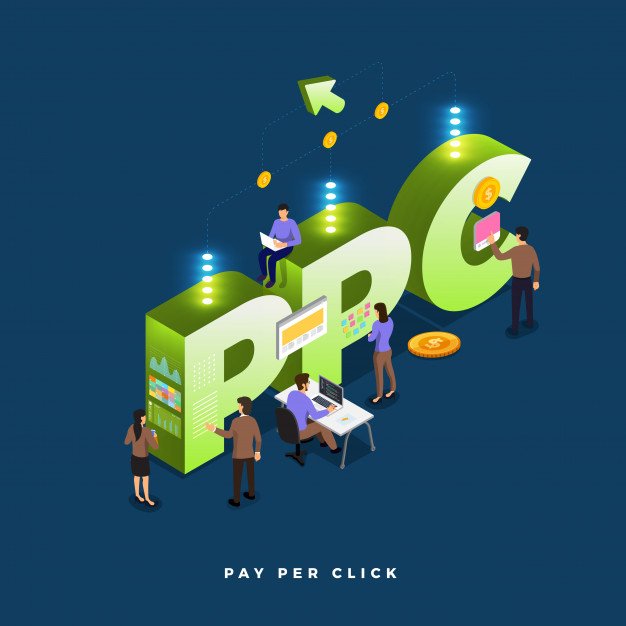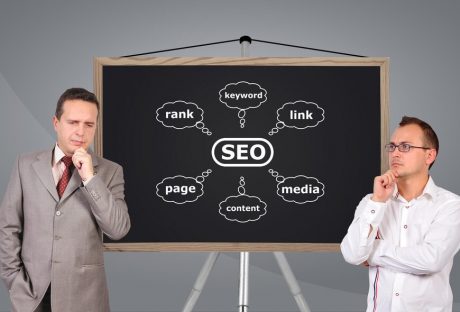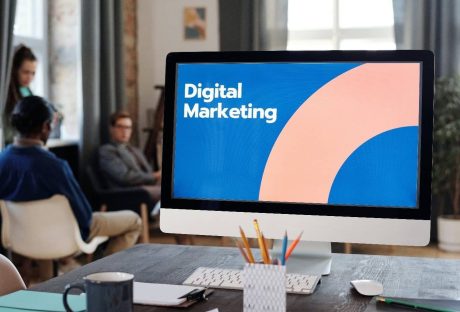Getting potential and paying customers, who will bring your business success and ranking, demands many efforts. You will need to have a certain plan to understand your business goals for attracting visitors and making them your “happy clients”. People will hardly find your business if you do not “help” them. Here a question arises: How? Surely with the help of eCommerce marketing tactics. You will need to invest some money in order to have success in this competitive online marketplace. You can have your success either with organic traffic, or eCommerce PPC management. However, first, it is important to find out which of these two approaches will drive more traffic to your website and convert them into paying clients.
SEO and PPC are two completely different approaches, although they share the same goal: bringing more traffic and high ranking. One of the vital differences that we can mention is that you invest your time for SEO, while for PPC you invest money. However, if you hire an SEO agency, in order to implement the best tactics for your success, here not directly, but you as well pay money.
Both SEO and PPC are effective. However, let us find out the best option for you to focus your budget.
1. Benefits of Organic Traffic
Organic traffic comes from an organic search. Its role in your business is really important. It brings you real visitors providing you with conversion rates. Its benefits are a lot. However, the main ones include:
- Better User Experience;
- Higher Conversion Rates;
- Higher Brand Credibility;
- A long Term Marketing Strategy;
- A Cost-Effective and Sustainable Approach.
Targeted keywords help potential clients to meet your business very quickly, as mostly when they want something, first of all, they try to find it in search engines. Many people give their preferences to the organic search results rather than advertisements. It means that through SEO you can increase your traffic, without any additional expenses for each click. Besides, organic SEO is long-lasting, regardless of the fact that it takes longer than PPC.
2. Benefits of Paid Traffic
Pay per Click (PPC) demands a certain amount of money for each click. In case of SEO you “earn” visits to your website, while in case of PPC you “buy” them. It allows you to reach a targeted audience. However, you need to pay a fee when someone clicks your ad. Among the main benefits, you should remember that PPC:
- Increases brand recognition;
- Helps to get fast results;
- Offers fast entry;
- Works well with different marketing channels;
- Gives the opportunity to choose your audience (based on location, place, gadget, etc.).
One important fact about PPC is that it is independent of Google Algorithmic changes. In comparison to SEO, its results are faster. You can see them almost immediately.
3. Combining SEO and PPC
Both SEO and PPC are great channels and each of them includes unique approaches for your business growth. While deciding which one is better for your business, you can detect one more option as well: combining them together to gain more customers and boost revenue. It will really provide you with greater and more effective results rather than using them separately. However, you need to review your tactics when using them together.
You can easily replace the word “VS” with the word “AND”. Each of these methods has its important impacts on your business. You can mix their tactics and best practices taking advantage of both. This is a great step for not only SEO marketing but for PPC as well.
Read Also:























